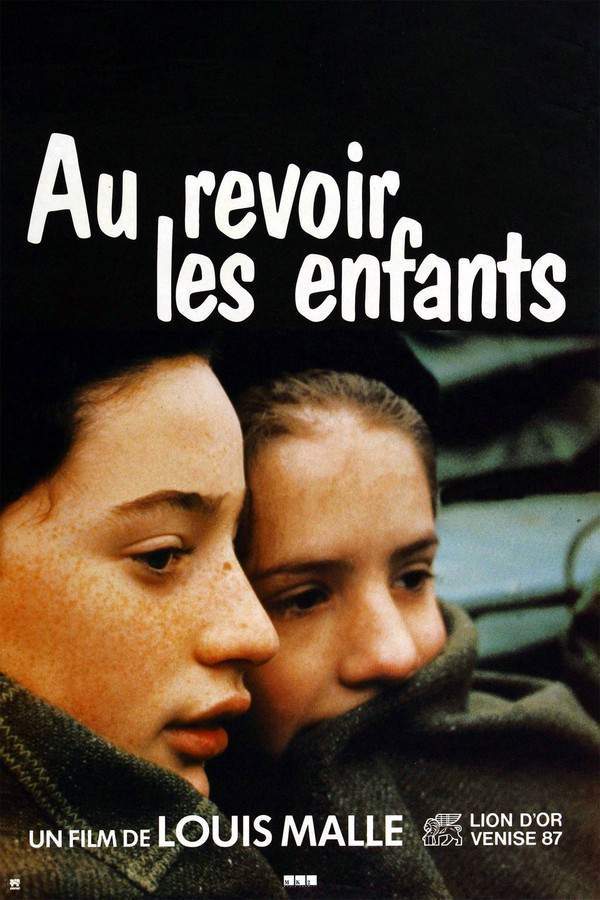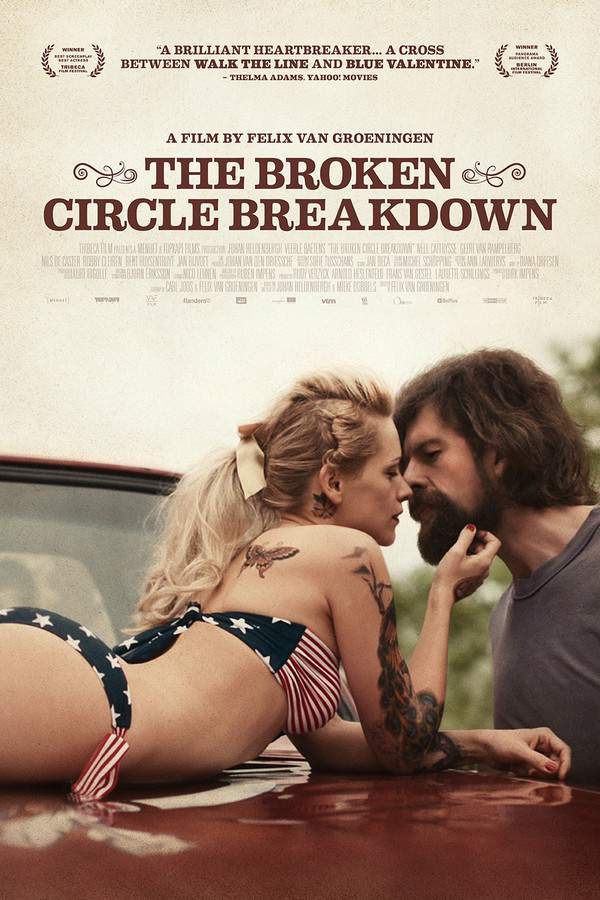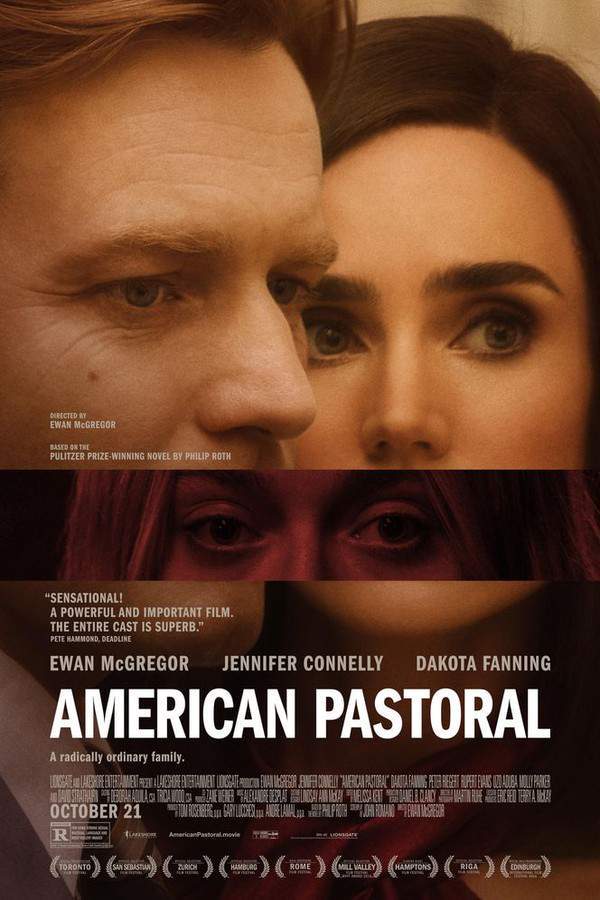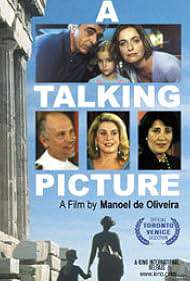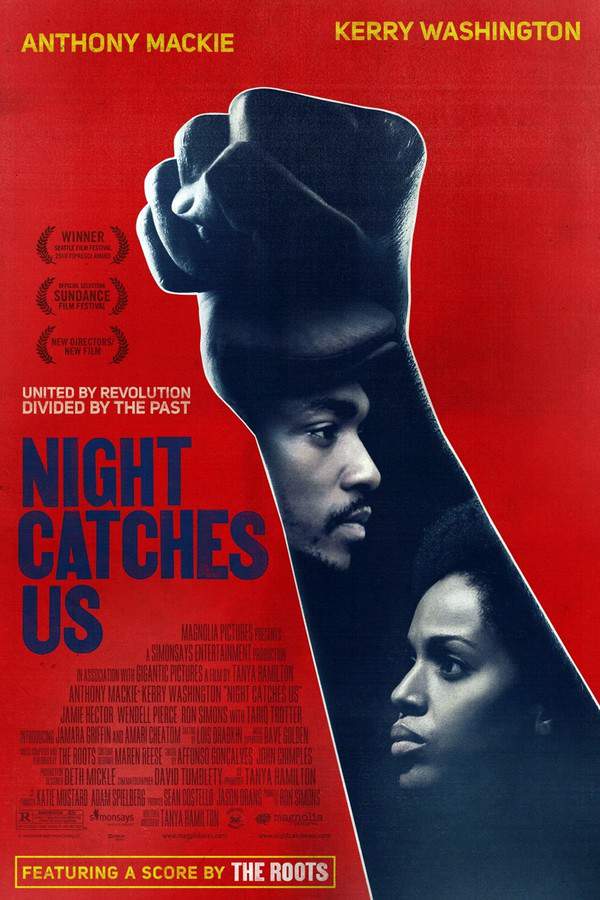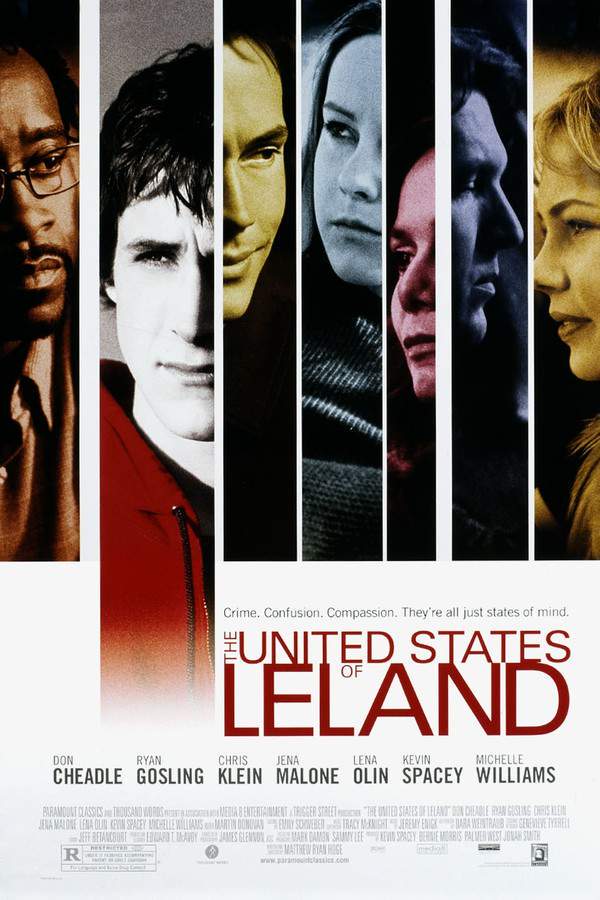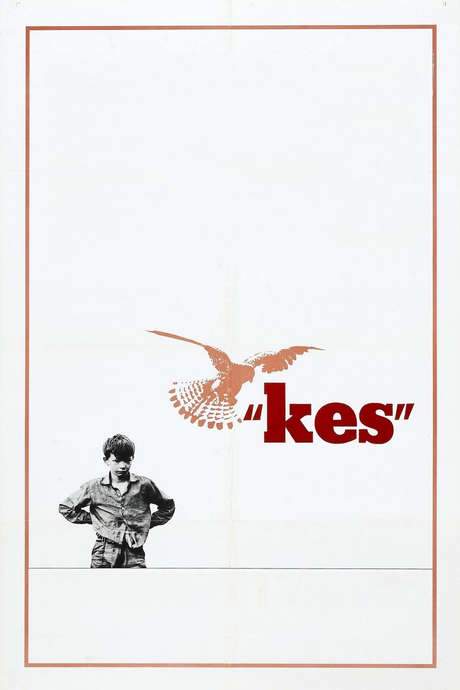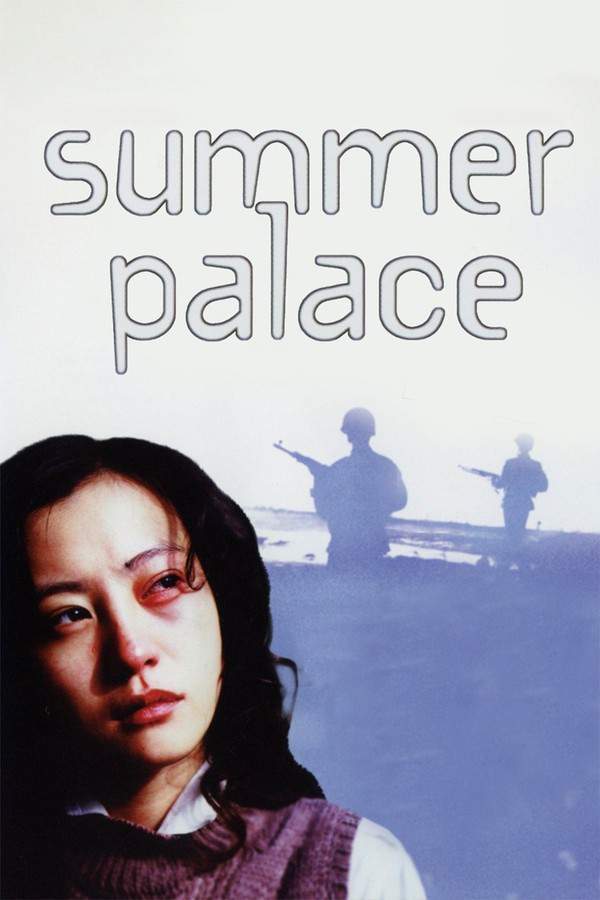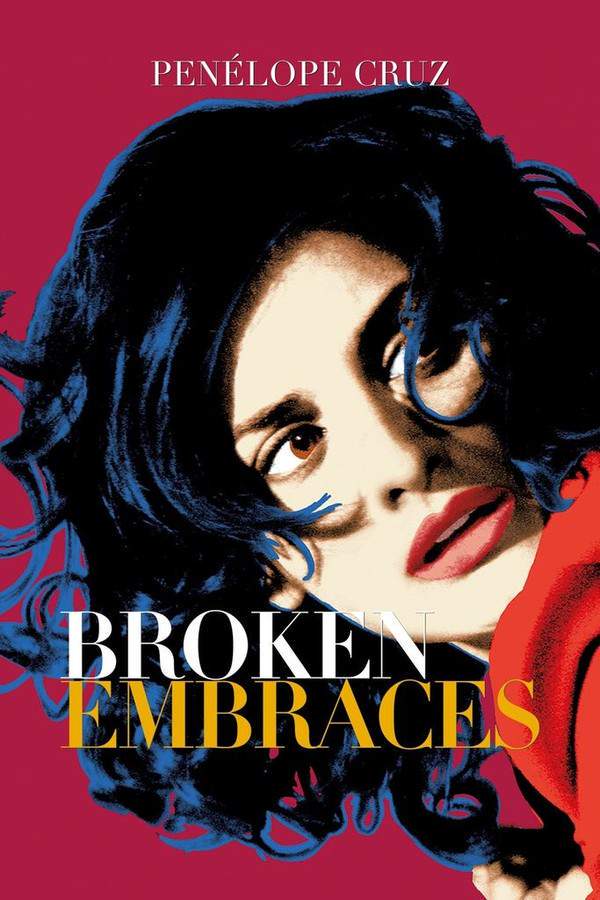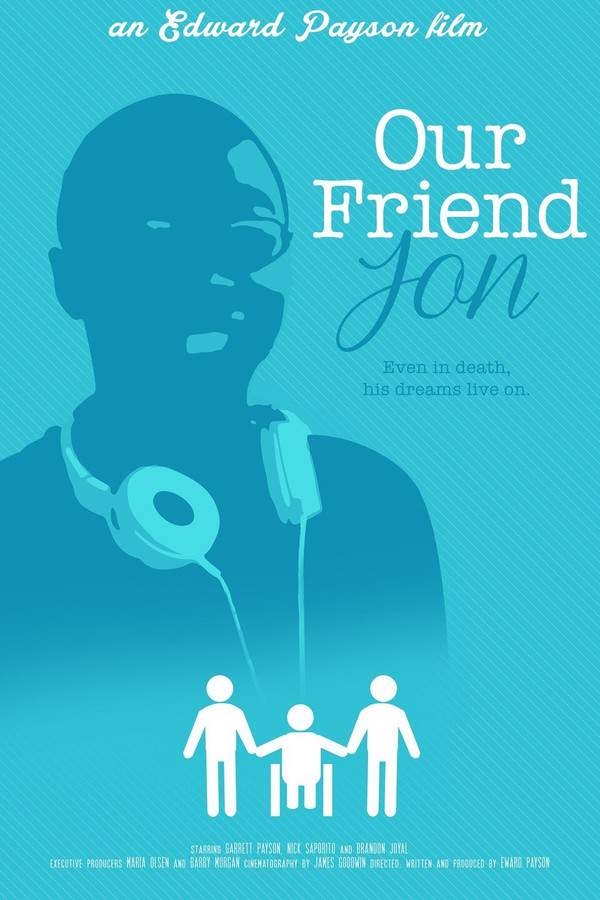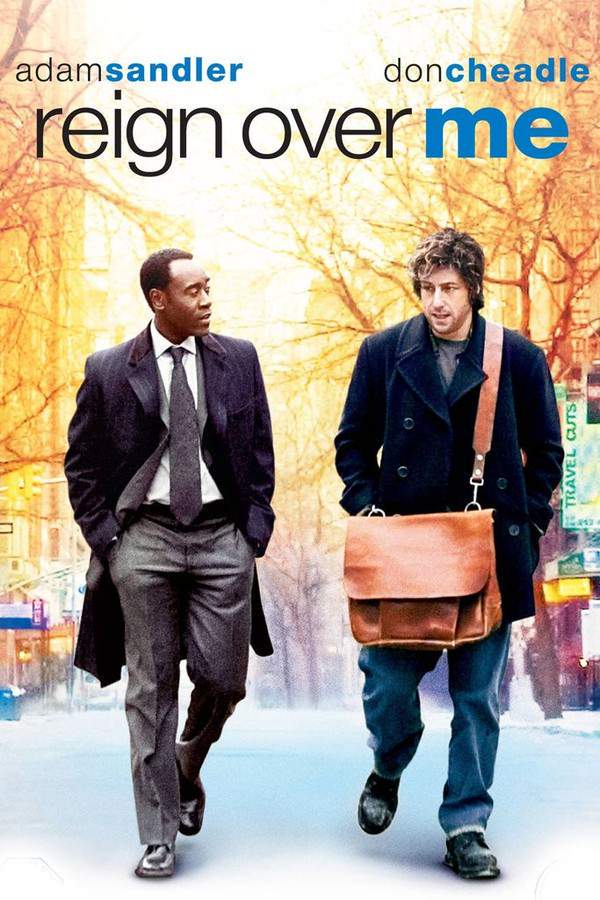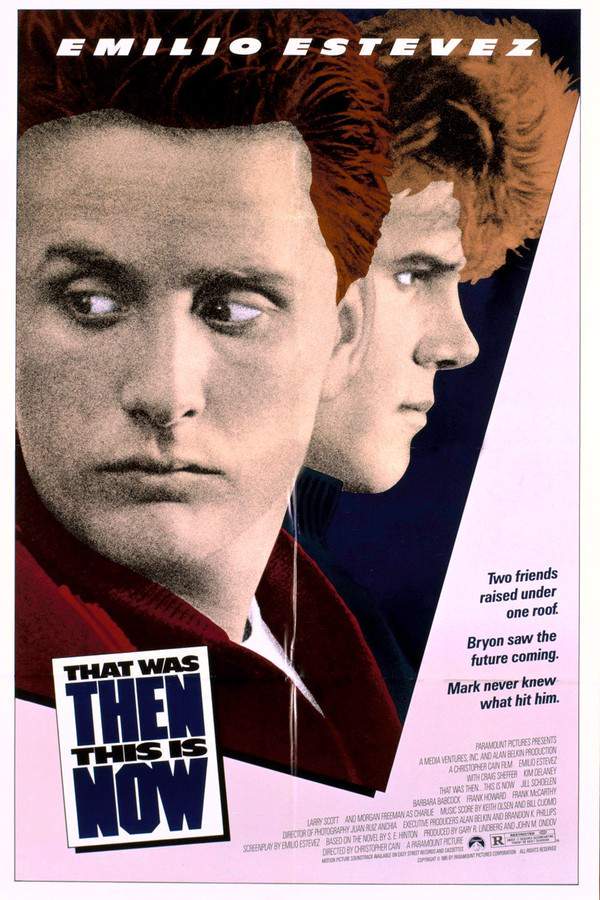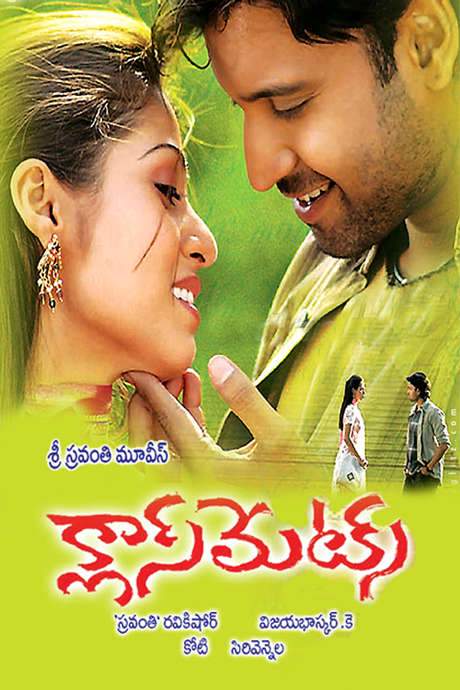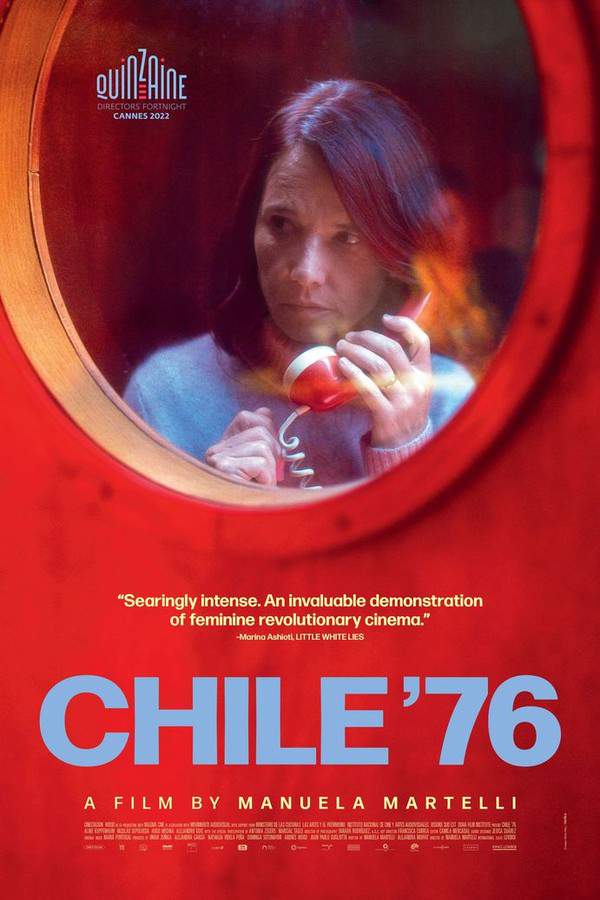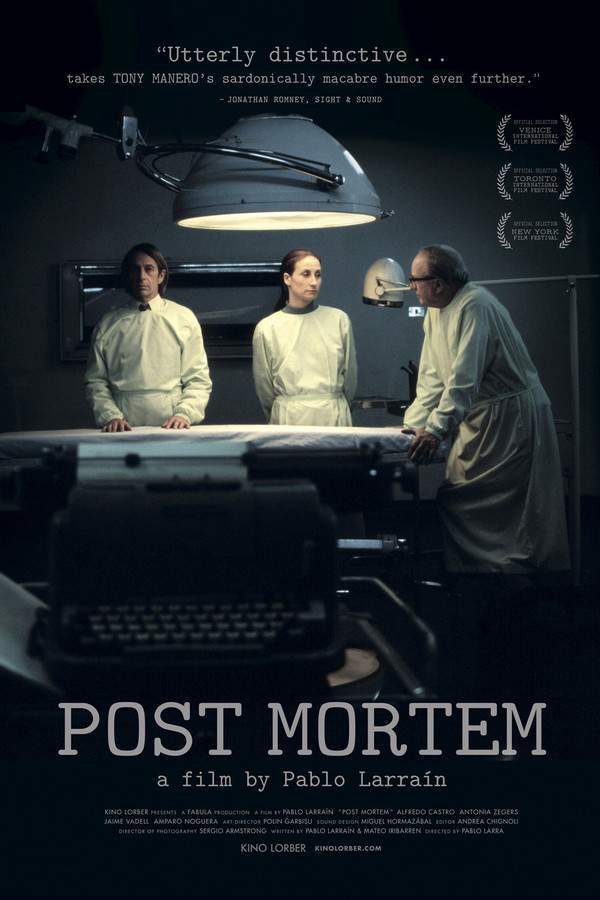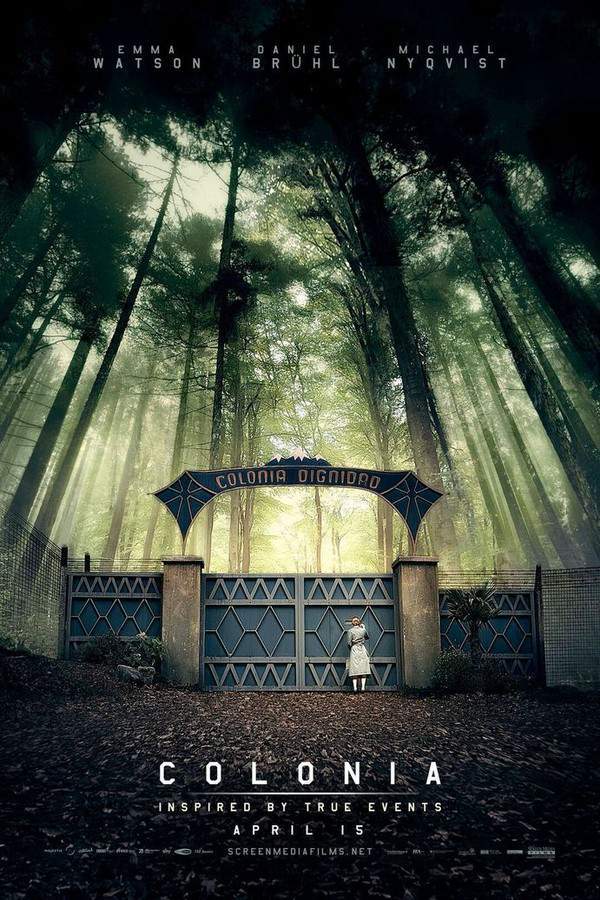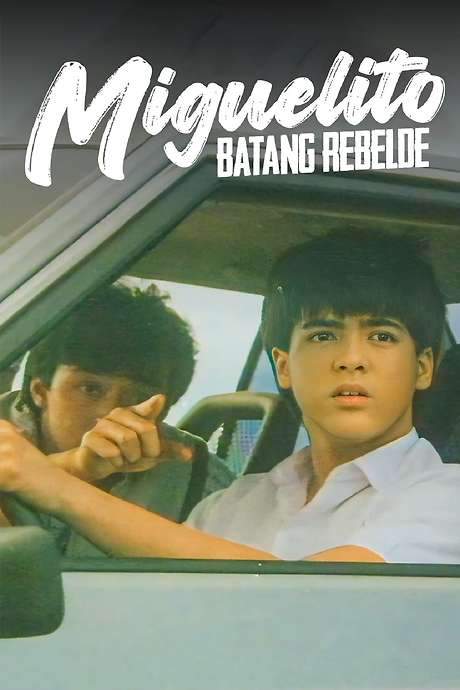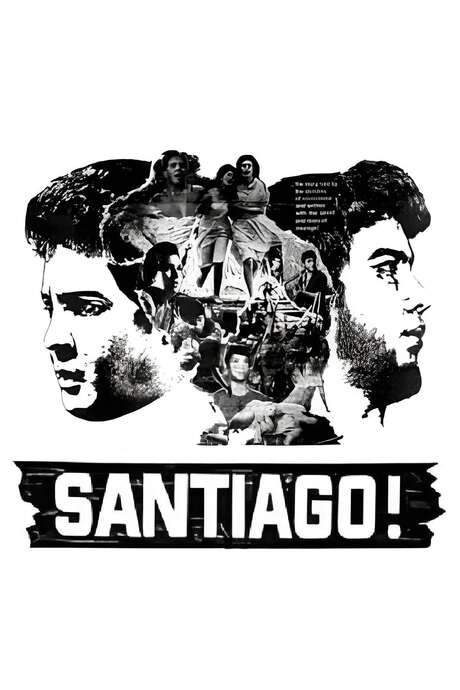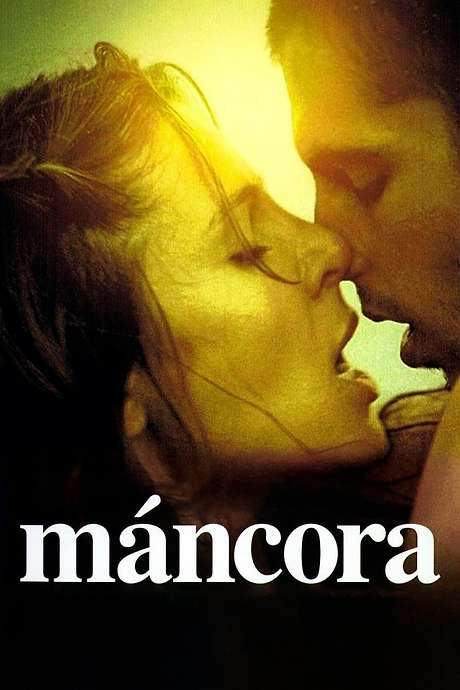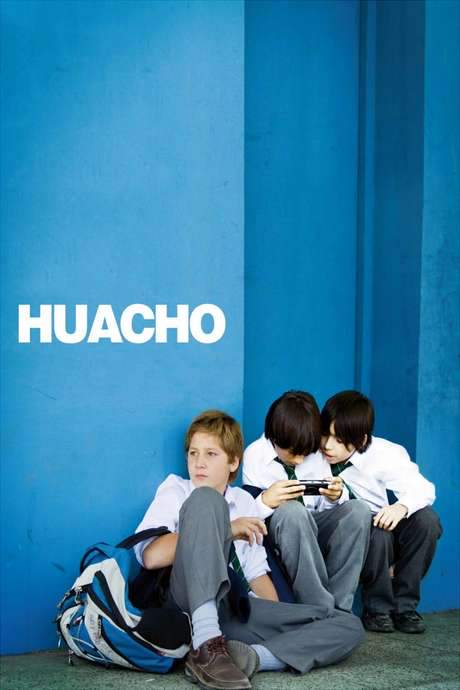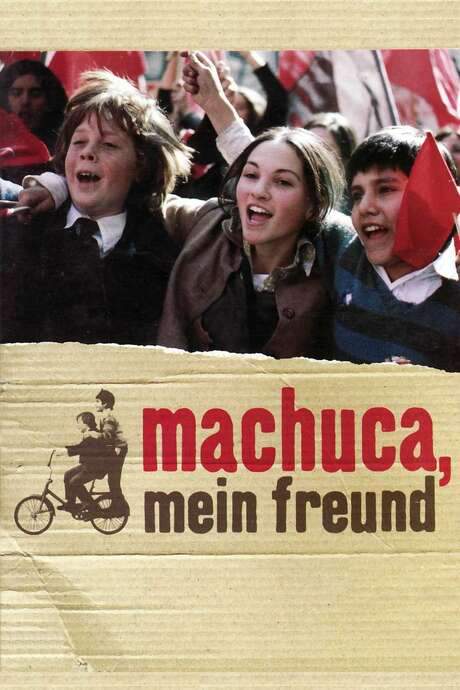
Machuca
Year: 2004
Runtime: 116 mins
Language: Spanish
Director: Andrés Wood
In 1970s Santiago, during Salvador Allende’s socialist presidency, Father McEnroe opens St. Patrick’s Catholic prep school to admit a handful of working‑class children. Pedro Machuca, the son of a cleaning lady, befriends Gonzalo Infante, a wealthy liberal’s son. Their friendship endures the 1973 Pinochet coup, which topples Allende, ousts supporters like McEnroe, and shatters the fragile bridge between their disparate worlds.
Warning: spoilers below!
Haven’t seen Machuca yet? This summary contains major spoilers. Bookmark the page, watch the movie, and come back for the full breakdown. If you're ready, scroll on and relive the story!
Machuca (2004) – Full Plot Summary & Ending Explained
Read the complete plot breakdown of Machuca (2004), including all key story events, major twists, and the ending explained in detail. Discover what really happened—and what it all means.
The story unfolds through the eyes of Gonzalo Infante, Matías Quer, a 12-year-old from a comfortable, upper‑class upbringing, set against the turbulent backdrop of Chile’s early 1970s as social and political tensions press toward upheaval. The national mood is charged: the working class demands justice and structural change after the socialist president Salvador Allende is elected, while many in the wealthy classes grow wary of the movement and whisper of conspiracies against the government. In this tense climate, Gonzalo’s world of privilege sits uneasily beside the struggles of those around him, and the film observes how loyalties, fears, and curiosities collide in quiet, human ways. The tone remains measured and observant, never sensationalizing the chaos outside. Francisco Reyes portrays Gonzalo’s father, Patricio Infante, who is generally sympathetic to the less privileged but remains cautious about how far change should go, while Aline Küppenheim plays María Luisa, Gonzalo’s mother, who is resigned to the state of affairs and carries her own private contradictions, including a relationship with a wealthy Argentinean man.
At Gonzalo’s private school, the determined principal, Father McEnroe, Ernesto Malbrán, launches a social integration project that brings five disadvantaged students into the class. This bold experiment unsettles some parents who view it as a “leftist venture” rather than a Christian act of charity. Amid the shifting currents inside the school, Gonzalo befriends Pedro Machuca, Ariel Mateluna, a boy who has come from a poorer neighborhood and faces regular derision from wealthier classmates. The two boys form a bond that becomes a quiet beacon in a city where class lines are hardening, and their evolving friendship begins to reveal how much they have in common despite their different worlds.
Silvana, Manuela Martelli, lives nearby and becomes a companion in their street ventures. The trio starts selling nationalist flags at a right‑wing demonstration and later socialist flags at a leftist rally that supports the government, weaving themselves into the political street theater surrounding them. Early on, Silvana calls Gonzalo a snob and a “strawberry-face,” but as the children navigate their precarious situations, affection grows between them. Eventually, Silvana and Pedro’s friendship feels almost like a shared rebellion against the social codes that keep their families apart, and not even a kiss between Gonzalo and Silvana can erase the momentary tenderness that forms between the two friends.
Gonzalo’s world of comfort becomes a living contrast to Pedro’s harsh reality. When Pedro visits Gonzalo’s home, he is astonished by a room filled with toys and a closet full of clothes, while Gonzalo’s own imagination is tempered by the visible scarcity of the shantytown where Pedro lives. Gonzalo, in turn, visits Pedro’s neighborhood and is shocked by the extreme poverty there. The contrast between the two worlds is reinforced by their shared love of a comic book series about the Lone Ranger and Tonto; their reading together becomes a small, defiant moment that underscores their friendship’s improbable nature in a time of rising fear and division. The encounter also foreshadows the fragility of their alliance, as Silvana later comments on the unlikelihood of a white boy and an Indigenous friend sharing a bond.
As political unrest intensifies, the adults around them—especially the wealthy parents who fund and oppose Father McEnroe’s project—argue about how to balance social change with stability. Gonzalo’s father, Patricio Infante, remains outwardly supportive of reform, while Gonzalo’s mother, María Luisa, growingly embodies the tension between social idealism and entrenched privilege. The school’s vegetable garden, a symbol of McEnroe’s project’s hopes, fails, jeopardizing the funding that sustains the program and heightening the pressure on everyone involved. In the streets, anti‑Communist protests mount, and Gonzalo’s mother participates in the tumult, even taking Silvana’s merchandise during a confrontation. The friction escalates when Silvana spits on the windshield of the car and calls her a whore, a moment that edges the children toward a painful rift and marks the fragility of their budding alliance.
The political shift culminates in a military coup, and Father McEnroe is removed from the school, denied even the ability to celebrate mass in the chapel. A new priest arrives, and the conflict around faith, loyalty, and ritual intensifies. In a fraught first mass, the priest receives communion but does not swallow the sacramental bread, choosing to preserve it from desecration and declaring the place profane; Pedro leads the students in honoring the departing priest, and McEnroe is expelled from the school. The upheaval ripples through Gonzalo’s carefully balanced world, and the bond between the boys is strained to the breaking point as the adults’ choices pull them in opposite directions.
Gonzalo eventually travels to the shantytown again, only to witness soldiers raiding the area. A tragic round of violence erupts: Silvana is shot, and the sudden chaos pulls Gonzalo into the melee. He is momentarily mistaken for someone who belongs in that world, and only by showing his clean clothes and pale complexion is he spared, with the stern warning never to return. The violence and fear leave Gonzalo deeply unsettled, a stark reminder of how easily a child’s life can be upended by the workings of power.
Returning to his family’s new home, Gonzalo discovers that wealth has indeed shifted under the new government—assistance from his mother’s Argentine lover and redistribution of wealth have altered the social landscape. Yet the material change cannot replace the loss he carries: the memory of Pedro, of Silvana’s danger, and of the day the shantytown withered away under gunfire. The film closes on a restrained, haunting note as Gonzalo, now older and more wary, stares at the ruins and recalls the friend he lost, a testament to the human cost of political upheaval and the enduring ache of a childhood friendship tested by history. The story remains a thoughtful meditation on class, loyalty, and the fragile ties that bind people together in a moment when a nation’s fate roils around them.
Last Updated: October 09, 2025 at 16:51
Explore Movie Threads
Discover curated groups of movies connected by mood, themes, and story style. Browse collections built around emotion, atmosphere, and narrative focus to easily find films that match what you feel like watching right now.
Childhood innocence shattered by political upheaval like in Machuca
Stories where a child's world is fractured by overwhelming historical forces.If you liked the way Machuca uses a child's friendship to tell a story of political collapse, you'll appreciate these movies. This thread collects similar films where youthful innocence is a lens for exploring historical trauma, featuring stories with a heavy emotional weight and melancholic tone.
Narrative Summary
Films in this thread typically follow a linear, character-focused narrative seen through a child's eyes. The journey begins in a state of relative normalcy or budding friendship, which is then violently interrupted by external political events. The climax is often the irreversible shattering of the child's world, resulting in an ending defined by grief and historical trauma.
Why These Movies?
These movies are grouped together because they share a specific narrative device: using childhood as a microcosm for larger societal conflicts. They blend the personal with the political, creating a uniquely powerful and melancholic viewing experience defined by a steady, observant pace that builds to a high-intensity, emotionally devastating climax.
Fragile friendships across class divides like in Machuca
Intimate bonds formed across social lines, tested by an unforgiving world.For viewers who were moved by the central friendship in Machuca, this thread finds other movies about tender bonds formed across social classes. These films explore how such connections are tested by a harsh world, often leading to moving, melancholic stories with a heavy emotional weight.
Narrative Summary
The narrative follows the formation and deepening of a friendship between characters from different worlds. The middle act explores the joy and challenge of this connection. The conflict arises not from within the friendship itself, but from the overwhelming external forces of class conflict or societal unrest, which ultimately sever the bond and leave characters grieving a lost possibility.
Why These Movies?
These films are united by their core focus on a specific type of relationship dynamic. They share a melancholic, observant tone and a steady pacing that allows the friendship to feel authentic. The emotional journey is consistently heavy, culminating in a sense of loss that comments on broader social injustices.
Unlock the Full Story of Machuca
Don't stop at just watching — explore Machuca in full detail. From the complete plot summary and scene-by-scene timeline to character breakdowns, thematic analysis, and a deep dive into the ending — every page helps you truly understand what Machuca is all about. Plus, discover what's next after the movie.
Machuca Timeline
Track the full timeline of Machuca with every major event arranged chronologically. Perfect for decoding non-linear storytelling, flashbacks, or parallel narratives with a clear scene-by-scene breakdown.

Characters, Settings & Themes in Machuca
Discover the characters, locations, and core themes that shape Machuca. Get insights into symbolic elements, setting significance, and deeper narrative meaning — ideal for thematic analysis and movie breakdowns.

Machuca Spoiler-Free Summary
Get a quick, spoiler-free overview of Machuca that covers the main plot points and key details without revealing any major twists or spoilers. Perfect for those who want to know what to expect before diving in.

More About Machuca
Visit What's After the Movie to explore more about Machuca: box office results, cast and crew info, production details, post-credit scenes, and external links — all in one place for movie fans and researchers.

Similar Movies to Machuca
Discover movies like Machuca that share similar genres, themes, and storytelling elements. Whether you’re drawn to the atmosphere, character arcs, or plot structure, these curated recommendations will help you explore more films you’ll love.
Explore More About Movie Machuca
Machuca (2004) Scene-by-Scene Movie Timeline
Machuca (2004) Movie Characters, Themes & Settings
Machuca (2004) Spoiler-Free Summary & Key Flow
Movies Like Machuca – Similar Titles You’ll Enjoy
Chile '76 (2023) Spoiler-Packed Plot Recap
Post Mortem (2012) Complete Plot Breakdown
Colonia (2016) Plot Summary & Ending Explained
Damn Kids (2017) Plot Summary & Ending Explained
Chile: A Genral Record (1986) Detailed Story Recap
Miguelito (1985) Story Summary & Characters
Sweet Country (1987) Full Movie Breakdown
The Battle of Chile: Part III (1979) Plot Summary & Ending Explained
The Promised Land (1973) Complete Plot Breakdown
Santiago! (1970) Spoiler-Packed Plot Recap
Rain over Santiago (1975) Film Overview & Timeline
Chile: Obstinate Memory (1997) Complete Plot Breakdown
Máncora (2008) Ending Explained & Film Insights
Huacho (2009) Full Movie Breakdown
What Is to Be Done? (1972) Full Summary & Key Details

